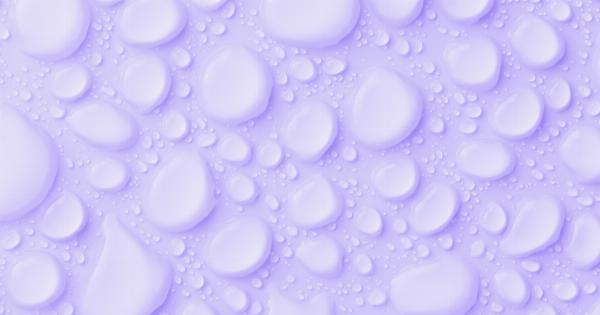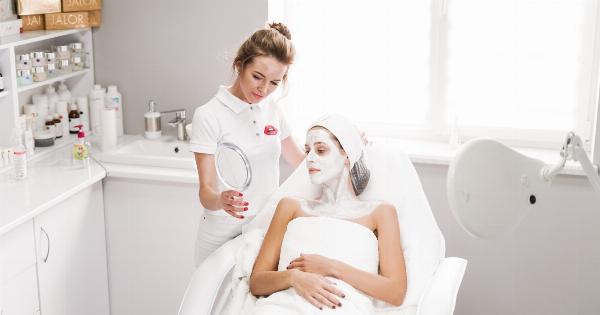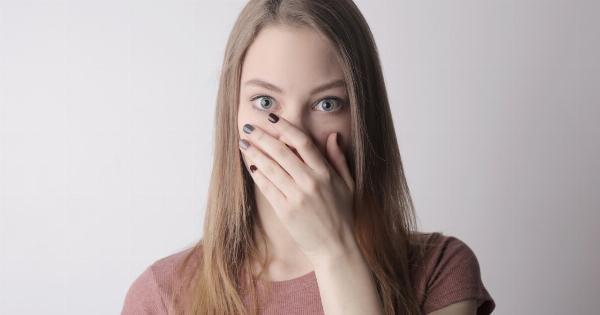Many women experience premenstrual syndrome (PMS) before their menstrual cycle. PMS symptoms include irritability, mood swings, bloating, breast tenderness, fatigue, and headaches. Some women turn to alcohol to relieve their PMS symptoms.
However, does alcohol really help alleviate PMS symptoms? Let’s take a closer look.
Alcohol and PMS
Alcohol is a central nervous system depressant that affects the brain’s neurotransmitters. Alcohol can temporarily reduce anxiety and stress levels, which may provide some relief to women experiencing PMS.
However, alcohol can also exacerbate PMS symptoms and make them worse.
Alcohol consumption can interfere with the body’s hormone levels, increase dehydration, and cause inflammation. All of these factors can worsen PMS symptoms such as bloating, breast tenderness, and headaches.
Additionally, alcohol can disrupt the quality of sleep, which can lead to more fatigue and irritability during the day.
Alcohol and Hormones
Alcohol consumption can lead to hormonal imbalances which can worsen PMS symptoms. Alcohol can increase estrogen levels and decrease progesterone levels. Estrogen dominance can worsen PMS symptoms such as irritability and mood swings.
On the other hand, low progesterone levels can lead to headaches, breast tenderness, and bloating.
Alcohol can also affect the liver’s ability to break down and eliminate excess hormones from the body. As a result, hormonal imbalances can occur, and PMS symptoms can intensify.
Alcohol and Dehydration
Alcohol is a diuretic, meaning it increases urine production and dehydrates the body. Dehydration can worsen PMS symptoms such as bloating and fatigue. When the body is dehydrated, it retains water to prevent further fluid loss.
This can lead to bloating and water weight gain.
Dehydration can also exacerbate headaches and fatigue, making them more severe during PMS. Additionally, dehydration can cause muscle cramps and stomach upset, which can worsen existing PMS symptoms.
Alcohol and Inflammation
Alcohol consumption can cause inflammation in the body, which can worsen PMS symptoms such as breast tenderness, bloating, and headaches. Inflammation can cause pain and discomfort, making these symptoms more intense for women during PMS.
Inflammation can also affect the immune system, making women more susceptible to infections and illnesses. This can lead to fatigue and weakness, adding to the fatigue and irritability already present during PMS.
The Bottom Line
While alcohol may provide temporary relief for PMS symptoms such as anxiety and stress, it can exacerbate PMS symptoms such as bloating, breast tenderness, and headaches.
Alcohol can disrupt the body’s hormonal balance, increase dehydration, and cause inflammation. All of these factors can make PMS symptoms more severe and impact a woman’s quality of life.
Women who experience PMS symptoms should seek guidance from a healthcare provider to develop a comprehensive treatment plan to manage their symptoms. Self-medicating with alcohol can lead to further health complications and should be avoided.





























